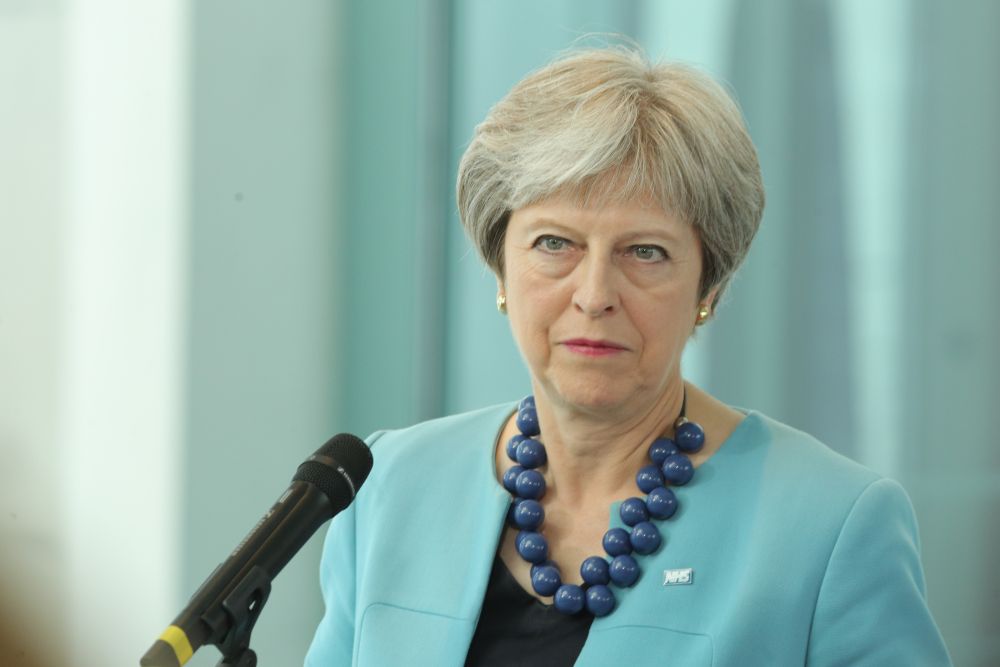
Farmers have welcomed the publication of the Brexit white paper as "additional clarity" on the UK's "crucial" need for free and frictionless trade with the EU.
The government has published its blueprint for UK relations with the European Union, with Prime Minister Theresa May saying it "delivers on the Brexit people voted for".
The new post-Brexit plan is aimed at ensuring trade co-operation with the EU, no hard border for Northern Ireland, and the ability for the UK to sign its own trade deals.
Agricultural goods between the two will be traded based on a new free trade zone, which will most likely be based on the EU's rules and regulations.
A phased introduction of a new Facilitated Customs Arrangement will remove the need for customs checks and controls between the UK and the EU, while enabling the UK to control tariffs for its own trade with the rest of the world.
Regarding freedom of movement, the plan explains it will ultimately end and a new immigration policy to be published in the future will highlight the government's thinking.
The White Paper also confirms that the UK will seek active participation in European agencies such as the European Chemicals Agency and the European Medicines Agency.
But the proposals have caused a rift in the government, in particular those Brexiteers who advocate a clean cut away from the EU.
Jacob Rees Mogg has called the white paper “a bad deal for Britain” and “would not be something I would vote for nor is it what the British people voted for”.
'Vital for our sector'
For the farming industry, the proposals are seen in the right step in the right direction. The Presidents of the four UK farming unions, NFU, NFU Cymru, NFU Scotland and the Ulster Farmers’ Union, have welcomed the Cabinet's thinking.
In a joint statement, they say that free and frictionless trade between the EU and UK is crucial for food and farming.
“If British farmers are to continue playing their part in providing high-quality and affordable food to the British public, as well as delivering for the environment, the principle of a free trade area for goods, including agri-food, is vital for our sector,” they say.
“British farmers produce food to some of the highest production and animal welfare standards in the world and we are pleased to see the government intend to maintain these standards as part of a deal.
They added: “It is imperative that the UK’s independent trade policy does not seek to undermine those standards and establishing a close relationship with Europe will enable those standards to be continued.”
However, the Presidents have called on the government to recognise the importance of both seasonal and permanent workers from outside of the UK that help farms produce food.
The food and farming industry have frequently urged the government to create an immigration policy that is based on business need, reflecting the importance of these workers to the food and farming sector.
The Country Land and Business Association (CLA) said the ability for the UK to create its own free trade deals is a "positive government ambition".
CLA Director of Policy and Advice, Christopher Price said: “We will support any new free trade deals which meet that ambition, doing whatever we can to play a constructive role in supporting the UK Government to secure the best possible deal for the UK food industry and UK consumers.
Mr Price added: “The Government’s commitment to increase agricultural productivity and deliver improved environmental outcomes is good news for the industry and we look forward to continuing to work with ministers and officials to achieve these objectives in practice.”
